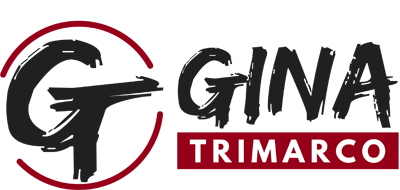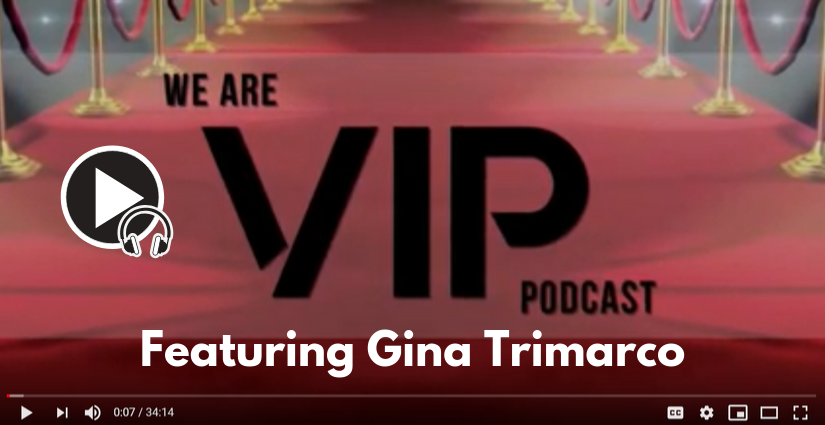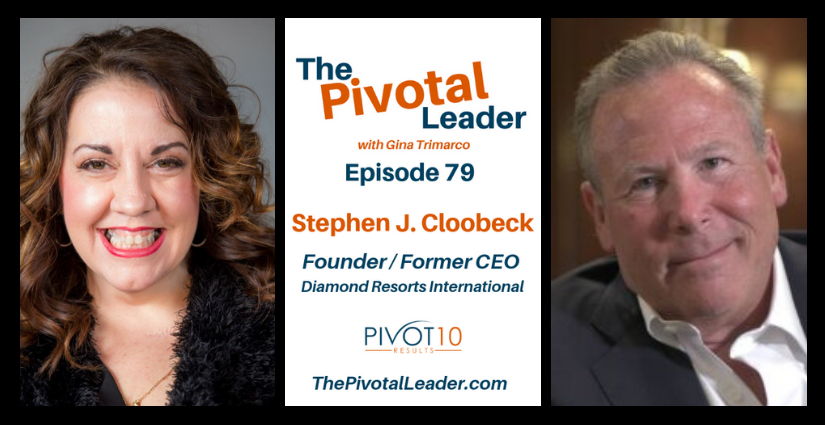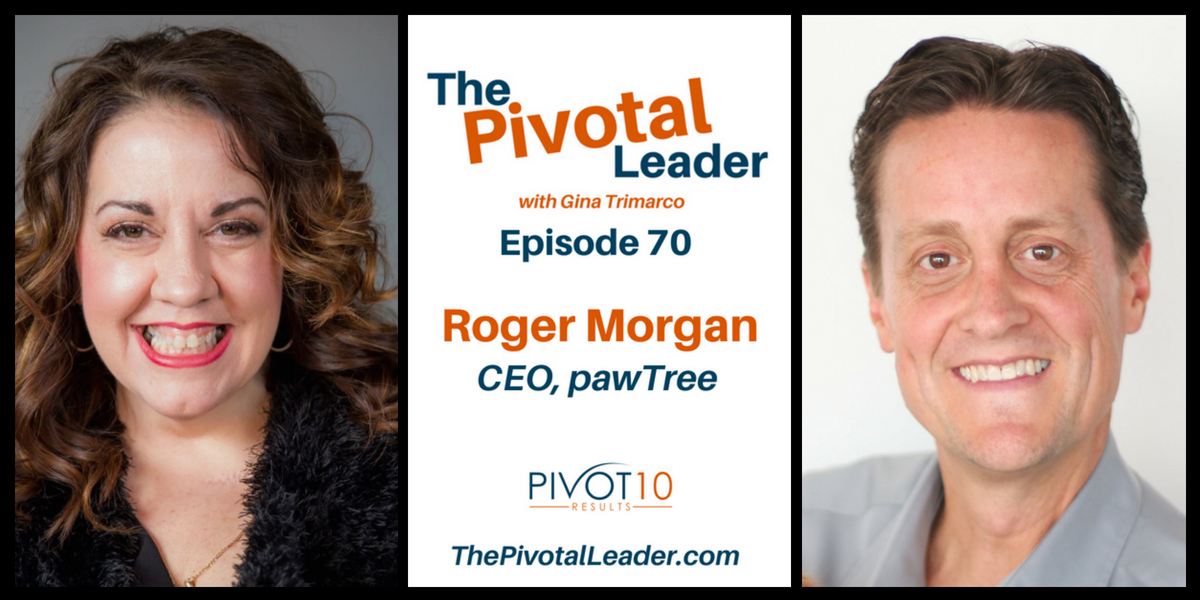The following guest post was written by Karen Stone Mickool, our Culture Curator Specialist and a co-presenter of “From Pain To Profit: Strategically Pivot Your Talent and Culture” COMING SOON to Myrtle Beach.
SEEK AND YOU SHALL FIND
We talk a lot in our world about finding the “right” employees.The real question is….what makes for the right employee.It really is all about the right person for the right job! Once you have gone through the steps of identifying your need and the skill set required to fulfill that need, now you are ready to actually start to search for that “perfect” employee.
Armed with your job description (remember, that comes first) and a list of the skills or competencies that your employee will need to have, its time to think about where you are going to find ….
I HAVE A FRIEND WHO IS INTERESTED IN THE JOB
If I had a nickel for every time I’ve had to help a client fire an employee they never should have hired in the first place…. Now I am NOT saying “don’t hire them!” All I am saying is that you need to do the same due diligence with someone you know, maybe even more so, than you would with a stranger. AND—it’s a whole lot more challenging to fire a friend if you’ve made a mistake!
A CAUTIONARY TALE
A good while back, we were working with a non-profit client. They were just about to be in need of a finance manager when we started working with them and one of the projects we took on was to help them fill this position. Despite our cautions, there was a “friend of a friend”. There was a “quicky” interview, followed by a rush to hire and for about ten minutes everything seemed great.And then very quickly, maybe 2-3 months in, we discovered that our new finance manager really didn’t understand finance much at all. He struggled with the basics, was impatient with others, lost his temper often and was quick to blame others for his troubles at every opportunity!
Is this the kind of employee you are hoping to hire? Of course not! Now if our client had taken the time she wanted to save, it’s likely that she wouldn’t be in the spot she was in then!She not only still needed a good finance manager, now she had a bad staff member she needed to exit from the organization. Lesson learned:When you don’t take enough time to do it right the first time, you’ll be forced to find the time to do it over!
SO HOW DO I AVOID ALL THAT DRAMA?
When you create a hiring process that accounts for our tendencies to overlook important details, the goal is to set yourself up for success.That’s where objectivity comes into play.With any candidate, these three questions are the key to that objectivity:
1) CAN they do the job? Do they have the skills and abilities needed to succeed. Ask questions that require answers with depth—questions about past experience, projects, and work completion. Ensure the appropriate depth and breadth of experience
2) WILL they do the job? This is your opportunity to evaluate past behavior in the job place.Asking questions about past behaviors is always the best way to determine how likely they are to repeat that behavior in the future.
3) And this is most likely the most important—Are they a good CULTURE FIT? Which means you need to truly understand your company culture and what would be a good fit! (don’t miss Gina Trimarco’s post about how to define your culture later this week)
IF CULTURE IS THE MOST IMPORTANT—WHY DID YOU MENTION IT LAST?
While culture fit is critical, this goes back to what I said before about hiring folks we like—or like to be around—meaning they are a good fit for our culture. This part relies at least in part on our “gut feelings”…. and quite frankly, they aren’t all that reliable. If we first make sure that all serious candidates have the SKILL and the WILL to do the job, then when we assess which candidate is the best FIT, we are likely to end up with a winner!
P.S. Does your company need to pivot? Reach out to us for your pivot plan!
ABOUT THE POST AUTHOR
Karen has an extensive background in Human Resources, Organization and Leadership Development, Coaching and Management Development in a wide variety of environments. Prior to her corporate career, Karen spent over ten years providing Leadership Development and Student Services on college campuses. Karen then held strategic positions with The Bank of New York, Fleet Boston (now Bank of America), Southco Engineering, AIG Marketing, and the Coca Cola Company. She has managed human resources departments, designed and delivered global leadership programs, implemented corporate wide succession planning and change management initiatives, and provided coaching and development to senior executives, higher education leaders and front line management.




